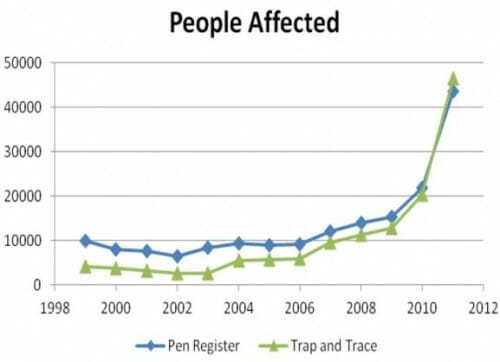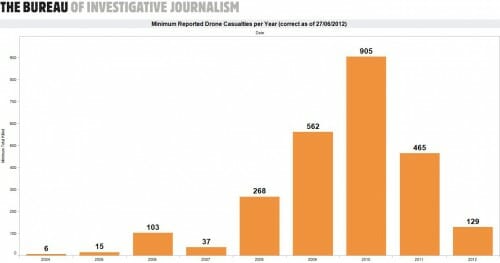The Problem Is That We Should Not Care About "Democracy", We Should Care About Protection of Individual Rights
Perhaps this is yet another negative legacy of Woodrow Wilson and his "Making the world safe for democracy" meme. We talk all the time about allying with and siding with and protecting democracies, but all "democracy" really means in practice (at least today) is that the country has some sort of nominal election process. Elections are fine, they are less bad than most other ways of selecting government officials, but what we really should care about is that a country protects individuals rights, has free markets, and a rule of law. If a county has those things, I am not sure I care particularly if they vote or pick leaders by randomly selecting folks from the phone book.
You can see this problem at work here, :
Most democratic governments – including the United States – condemned the attempted recent military coup against Turkish President Recep Tayyip Erdogan, and welcomed its failure, citing the need to respect Turkey’s “democratic†institutions. But in the aftermath, Erdogan took the opportunity to persecute his political opponents on a large scale, including firing thousands of judges who might constrain his authoritarian tendencies. Erdogan’s government was also severely undermining civil liberties long before the coup, even going so far as to pass a law criminalizing “insults†to the president, under which hundreds of people have been prosecuted. Erdogan’s own commitment own commitment to democracy is questionable, at best. He famously once called democracy a tram that “[y]ou ride it until you arrive at your destination, then you step off.â€
This raises the question of whether the coup attempt against Erdogan might have been justified. More generally, is it ever justified to forcibly overthrow a democratic government? In this 2013 post, written after the successful military coup against Egypt’s radical Islamist government, I argued that the answer is sometimes “yes.†There should be a strong presumption against forcibly removing a democratic regime. But that presumption might be overcome if the government in question poses a grave threat to human rights, or is likely to destroy democracy itself by shutting down future political competition.
While we can argue if Erdogan is "committed" to democracy, I think it is pretty clear that he is not committed to the protection of individual rights.
What we need is a new alliance not to protect the world for democracy -- that word may originally have meant what I want it to mean but now it seems possible to just check the democracy box merely by having some kind of voting. We need a new (much smaller than the UN) alliance to make the world safe for, what? We need a name. What do we call a country with strong protections of individual rights, free markets, and the rule of law?
Postscript: yes, there are snarky answers to the last question, such as "increasingly rare" and "net here anymore".

